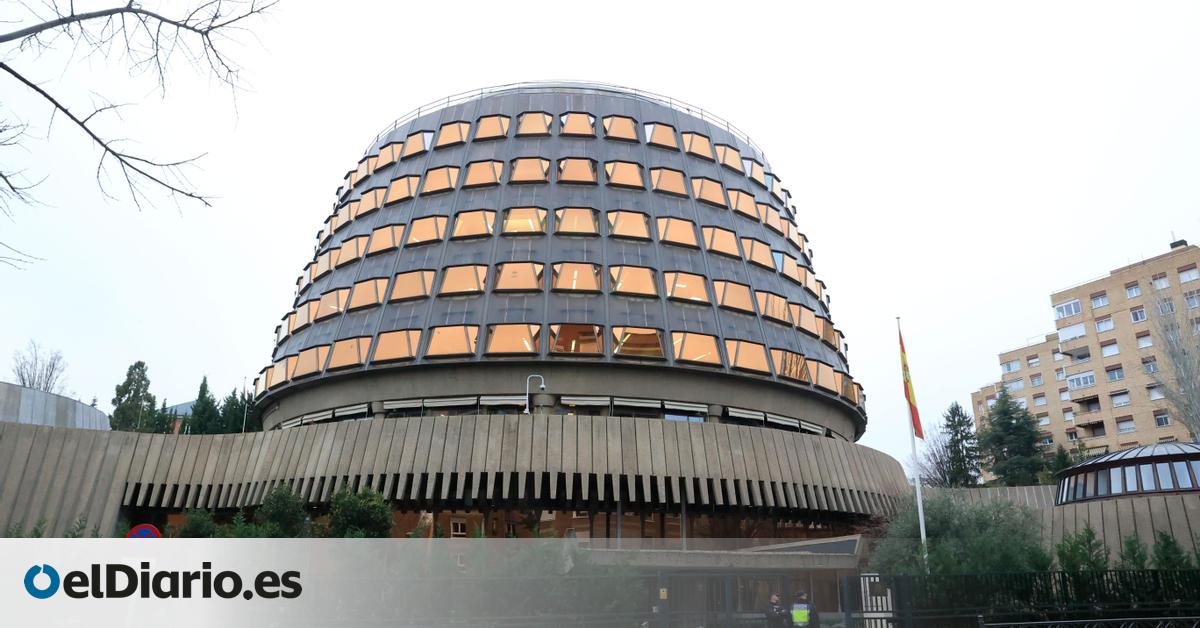
The plenary session of the Constitutional Court, with the conservative sector against it, has rejected most of the allegations that the Supreme Court and the government of Aragon made against the amnesty law, applying the doctrine already established by the ruling last June that rejected the Popular Party’s appeal. In the case of the ruling regarding the question of unconstitutionality of the Supreme Court, the court partially upholds the complaints that coincide with those already made by the PP, aspects of the law that have hardly any impact on its application to more than 300 people since it came into force.
The two decisions to reject most of both challenges were made this morning with the favorable votes of the progressive sector and the contrary opinion of the four members of the conservative sector. Two sentences that add to the one that last June already rejected most of the PP’s arguments and declared it unconstitutional that the rule did not also cover officials who commit crimes while opposing the process.
The Supreme Court’s complaint, signed by its Criminal Chamber with Leopoldo Puente as rapporteur, went so far as to describe for the first time the Catalan sovereignty process of 2017 as a “coup d’état” and demanded its annulment for constituting an “inequality” between citizens. Aragón’s appeal, now also rejected, put the spotlight on the forgiveness of embezzlement, although this ruling does not affect the specific case of Carles Puigdemont. His appeal and that of two of his former councilors has been admitted for processing this week and the ruling on his specific case is not expected until next year.
According to the guarantee court in a statement, the magistrates have applied the doctrine of the June ruling and have rejected “the alleged violations of the principle of arbitrariness, equality and prohibition of discrimination and legal certainty”, the bulk of the Supreme Court’s challenge. The magistrates do add some “additional considerations” due to the Supreme Court’s argument that the amnesty law appealed to the political “disaffection” of a part of the Catalan population and also ignored non-independence supporters.
“These are obviously aspects that are not only extralegal but also purely hypothetical, the analysis of which is unrelated to the constitutionality judgment that now corresponds to us,” answers the Constitutional Court. Legal certainty, they add, does not imply that citizens “can and should trust, under the protection of the Constitution, that the criminal law will not change, nor that it cannot be subject to exceptions.”
The ruling considers the same complaint from the Supreme Court that it already accepted when studying the PP’s appeal a few months ago: that the amnesty forgives the police officers charged with the charges of 1-O or the demonstrations after the ruling, but does not forgive other officials who were also convicted for actions deployed to oppose the process, a practically non-existent assumption in the hundreds of accusations derived from the 2017 sovereign challenge.
Source: www.eldiario.es

